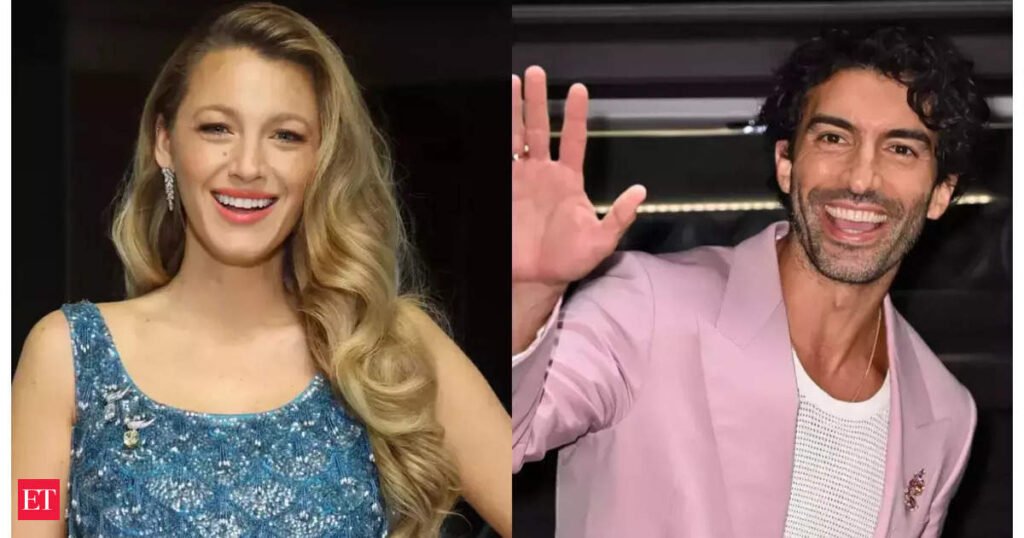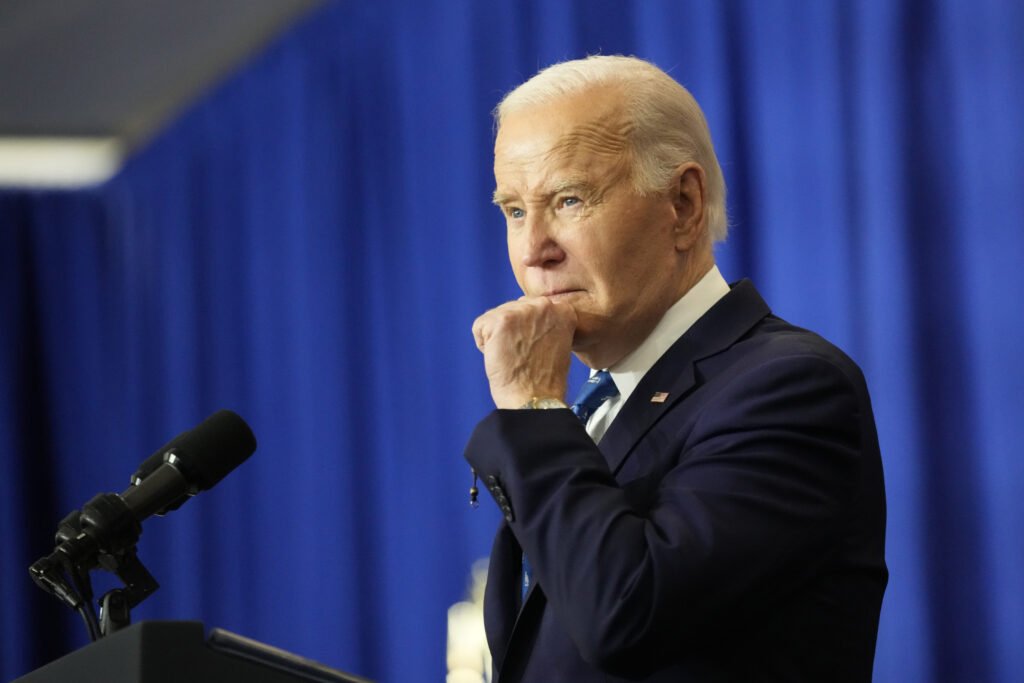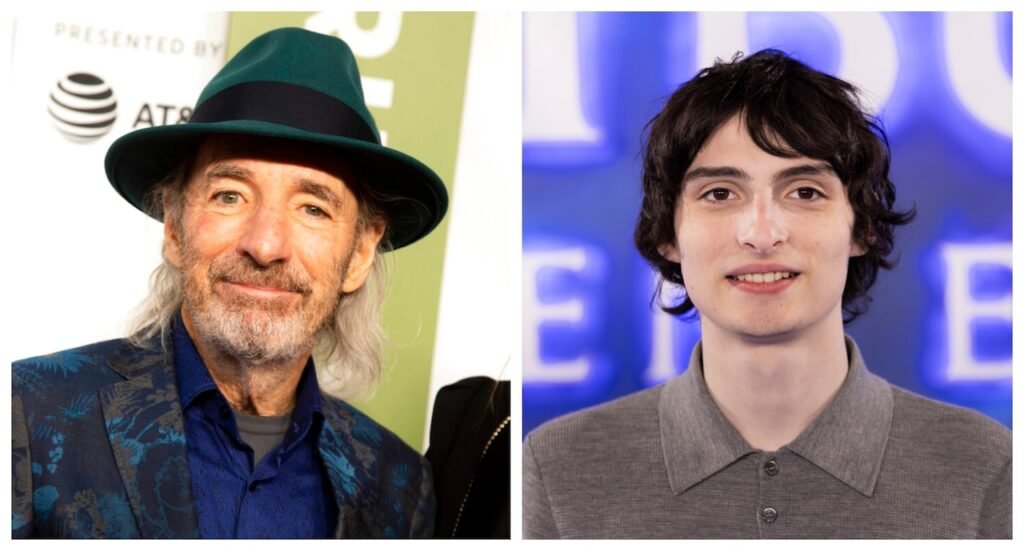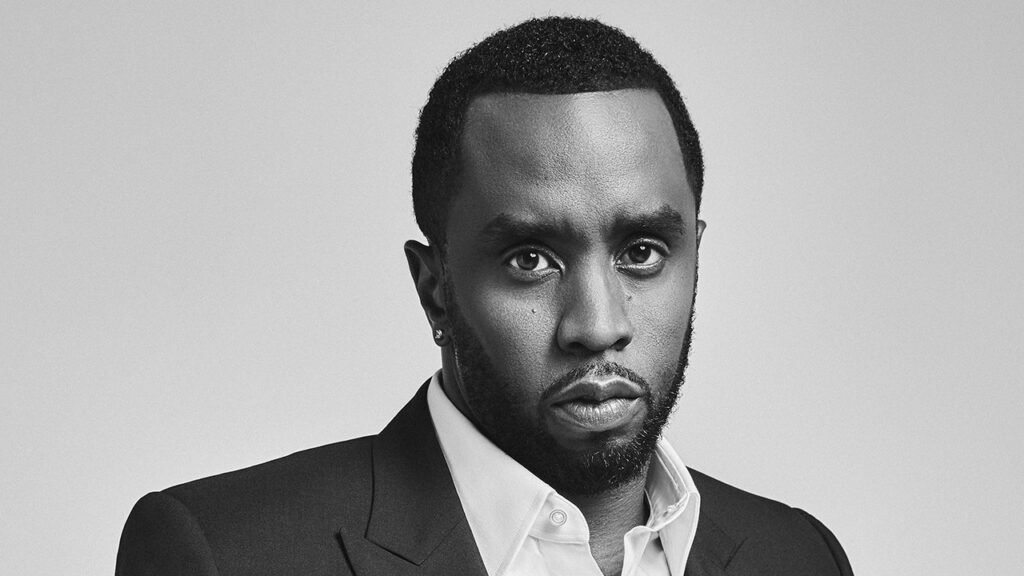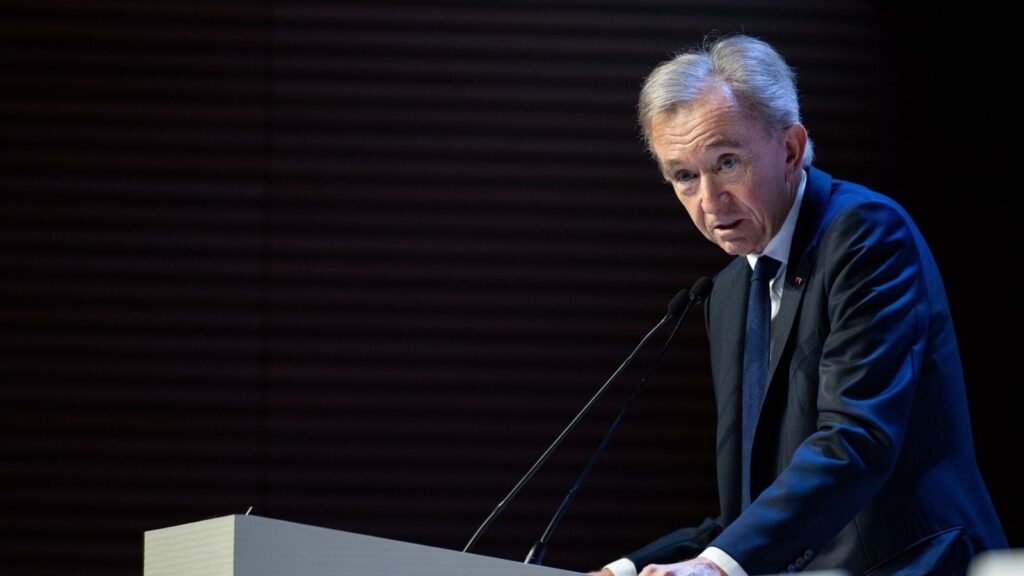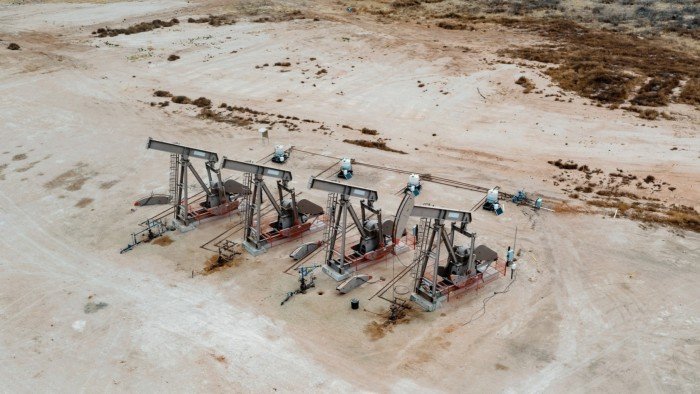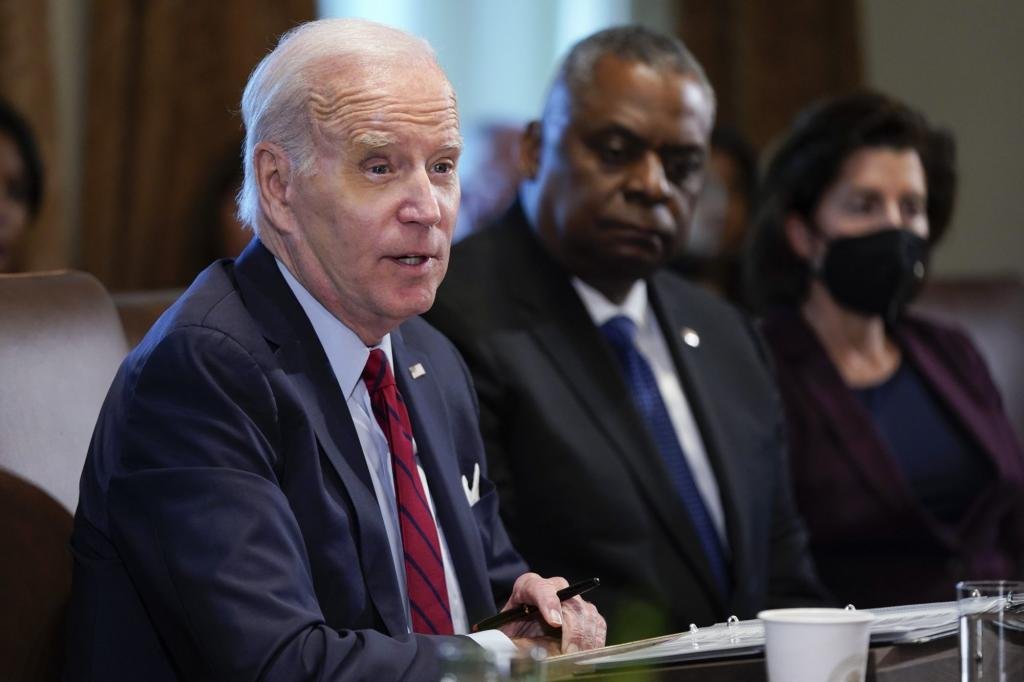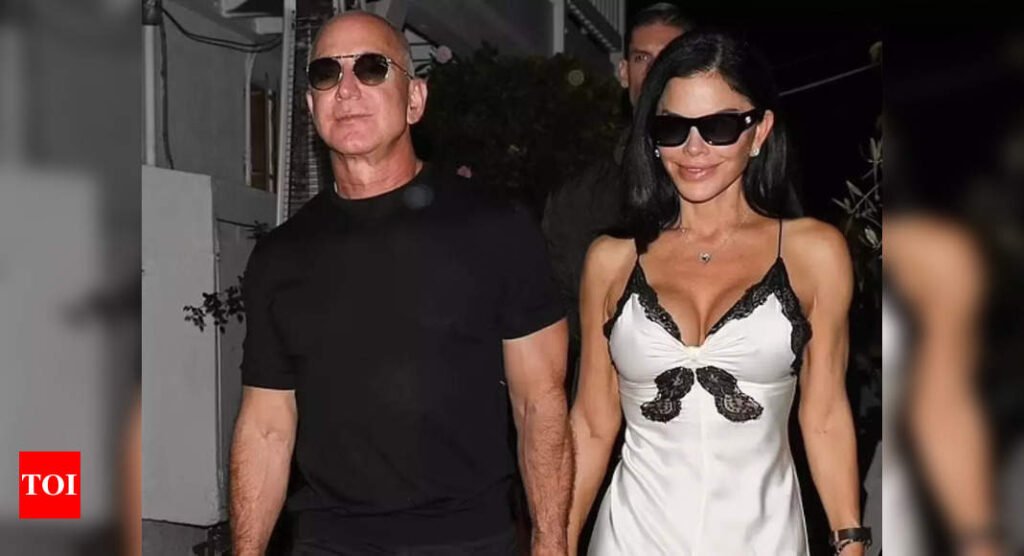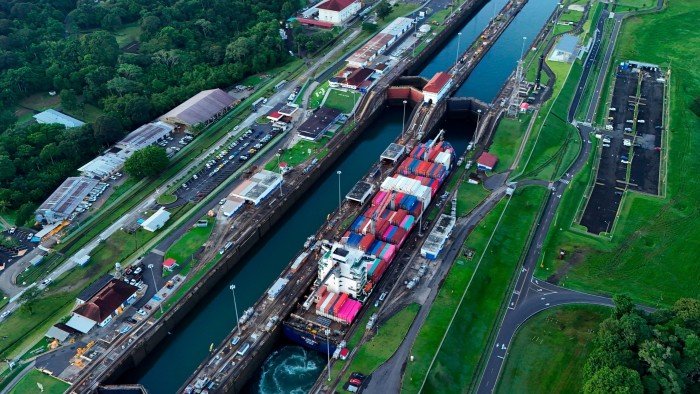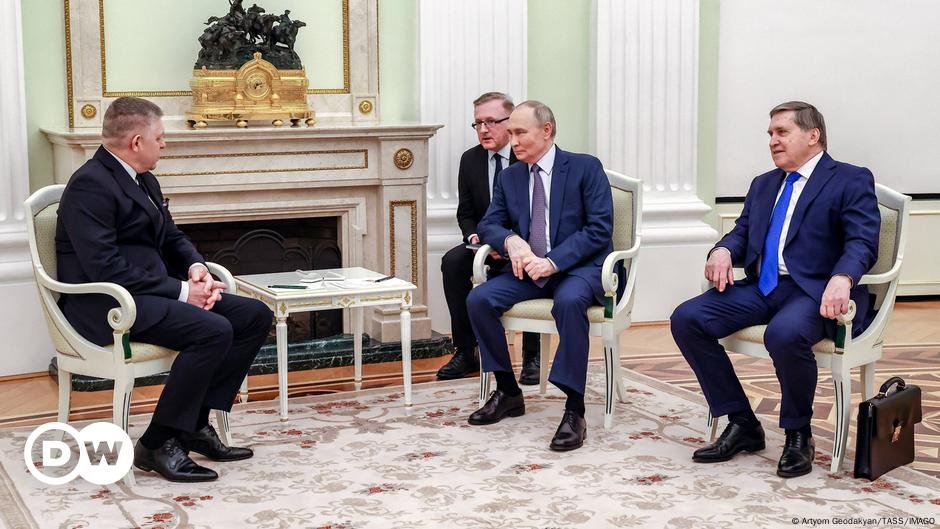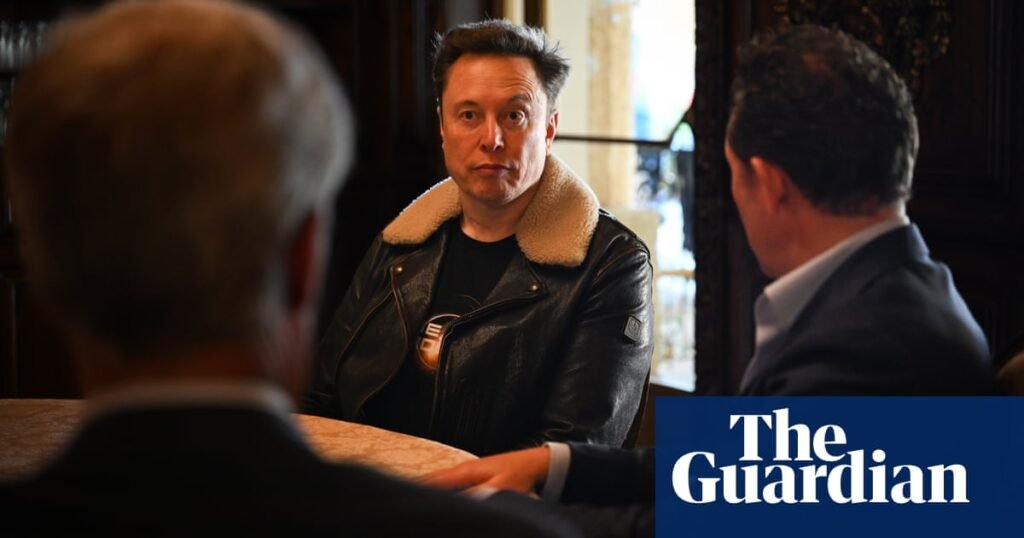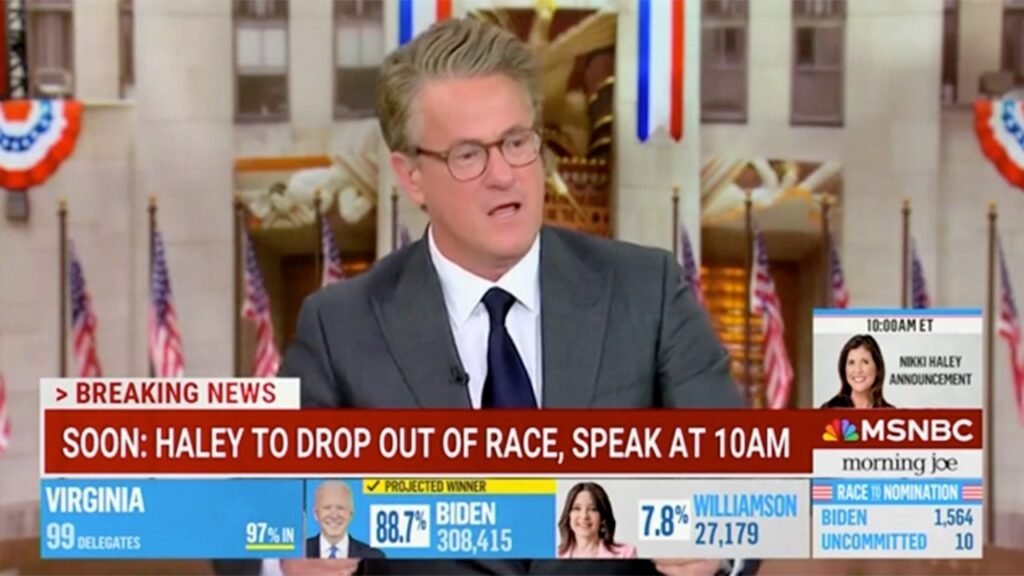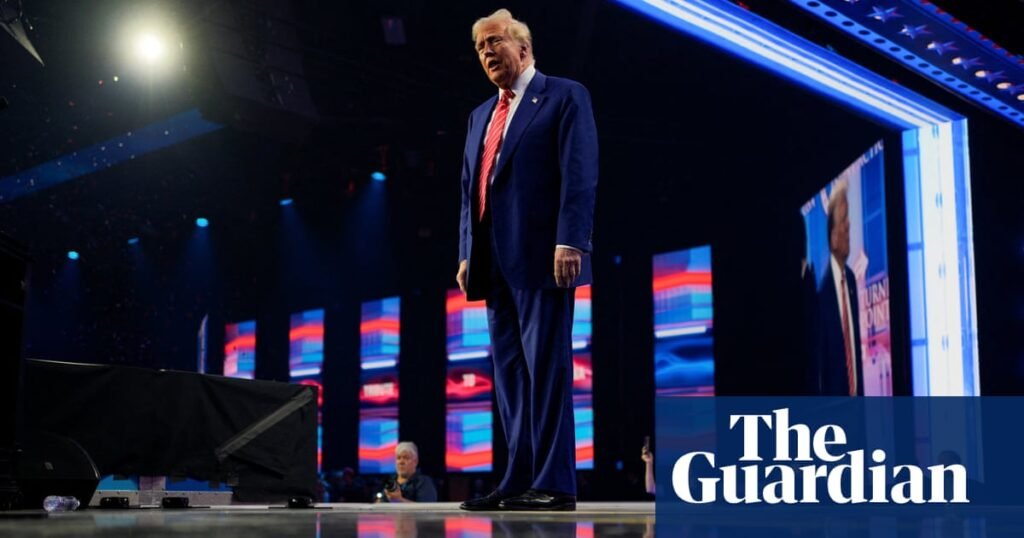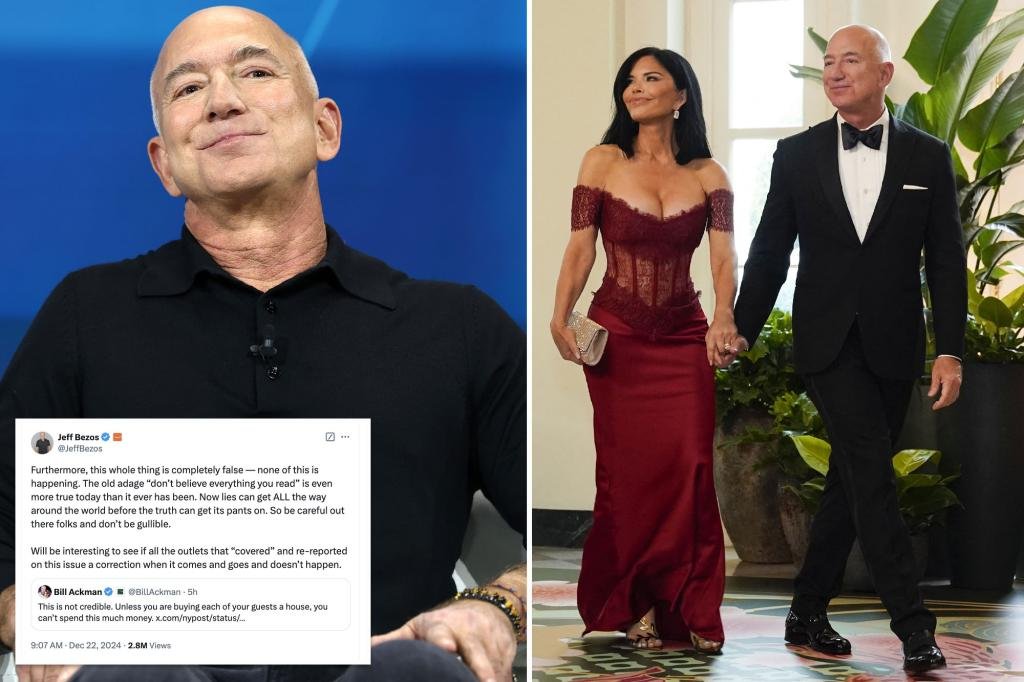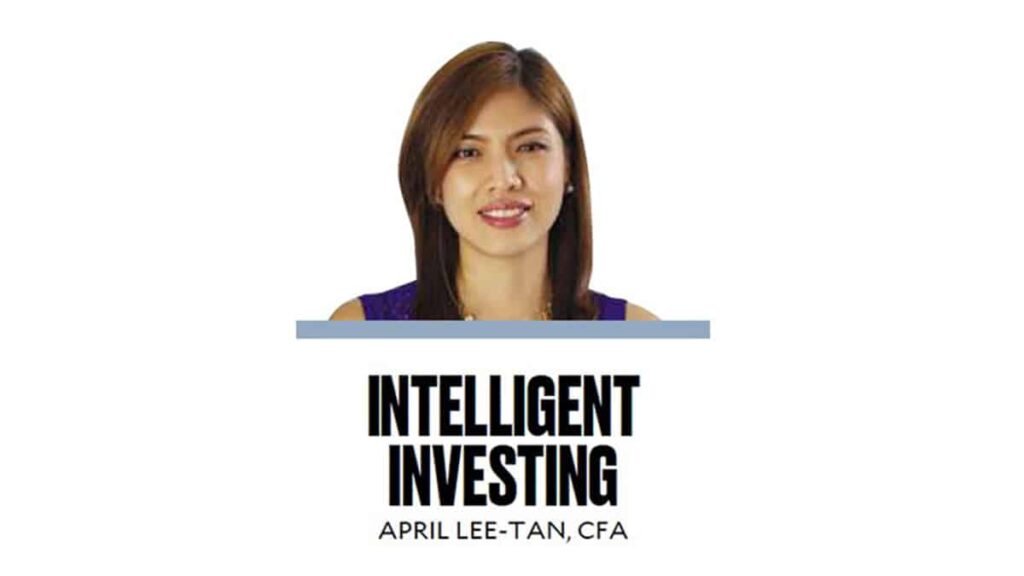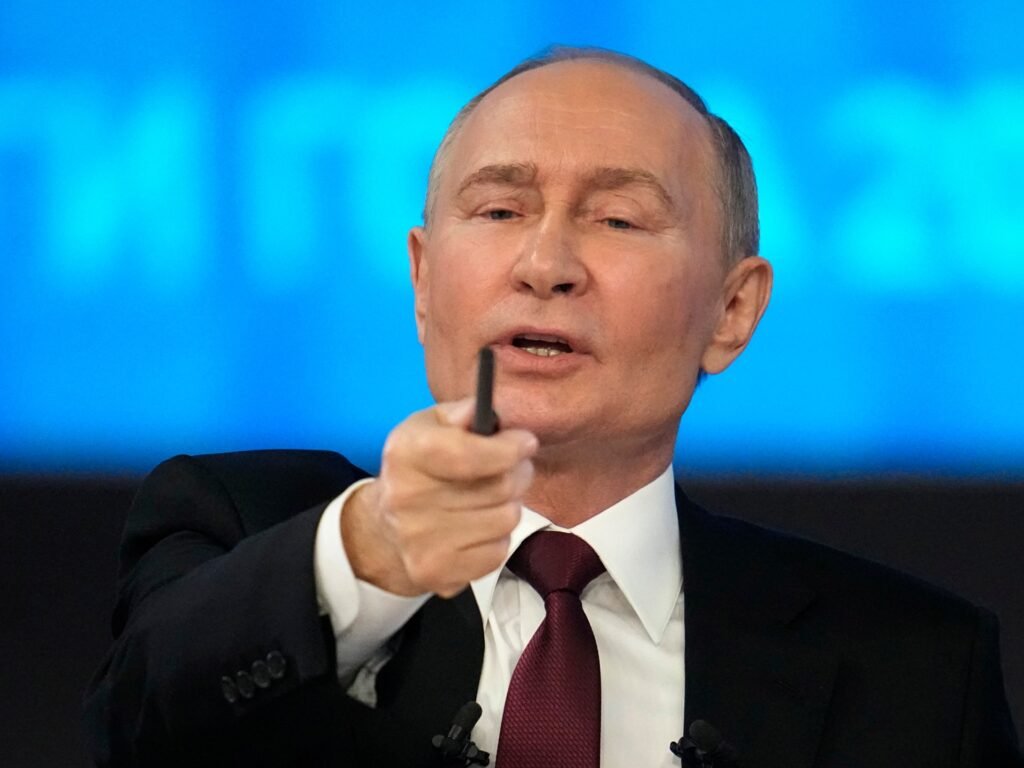Back in 1994 when Jeff Bezos had the idea to start Amazon, he was far from the founder stereotype of some penniless recent grad tinkering in his parents’ garage. At the time, Bezos was already well into a lucrative career in finance. Blowing up that life to sell stuff on the Internet was risky, verging on insane.
How did he work up the confidence to take such a huge bet on himself?
How Bezos thought through that decision has been well documented. It focuses a lot on something he termed the “regret minimisation framework”. But clearly the choice wasn’t just about logic. Chutzpah was required too.
Just a few weeks ago at the New York Times DealBook Summit, the Amazon founder explained how he found the courage. It’s a way of thinking that’s backed by science and available to anyone looking to expand the scope of their ambitions.
Where does Jeff Bezos’s confidence come from?
Onstage at the summit, interviewer Andrew Ross Sorkin recalls covering Amazon in its early days as a reporter. The company lost money hand over fist for more than a decade. Everyone thought Bezos was nuts, Sorkin remembers.
“Where do you think your confidence comes from, to create a business that requires such scale?” he asks.
Bezos doesn’t respond by talking about his inborn appetite for risk (or even the privilege and support that might have made that bet less terrifying). Instead, he makes a general point about human nature.
“I think it’s generally human nature to overestimate risk and underestimate opportunity,” Bezos replied. “The risks are probably not as big as you perceive and the opportunities may be bigger than you perceive.”
What looks like confidence, he continues, is simply applied knowledge of this reality. “You say it’s confidence, but maybe it’s just accepting that’s a human bias and trying to compensate against it,” he says.
It’s an approach he recommends to entrepreneurs (or anyone dreaming big). “I think entrepreneurs in general would be well advised to try and bias against that piece of human nature,” he advises.
Science agrees you are probably too cautious
It’s a fascinating peek into the mind of one of the most successful founders of our time. But is Bezos actually right? Do human beings in general “overestimate risk and underestimate opportunity?” Are we biased to play it safe and stick to the status quo? Fascinating studies suggest this isn’t CEO hot air, but scientific fact.
Some of my favourite research along these lines was done by University of Chicago economist (and Freakonomics co-author) Steve Levitt. The study design is as clever as it is creative. Levitt and his team put out an online call for people who were considering making some big change in their lives. Maybe they were thinking of relocating to another city, starting a company, or even just finally getting that tattoo.
Levitt offered to take their struggles away. His website would decide what to do with a virtual coin toss – heads you make the change, tails you stick with what you know. All participants had to do was report back to him on how the decision had gone afterward. Upwards of 20,000 people agreed to take him up on this unconventional offer.
This sounds a little wacky, but the results were actually published in a peer-reviewed journal. And they’re revealing. Checking in after two months and again after six, participants who had made a change were markedly happier than those who had soldiered on with the status quo, Levitt found.
“I believe that people are too cautious when it comes to making a change,” he commented at the time.
You can override your natural tendency for caution
Which sounds a lot like something Jeff Bezos might say.
For millions of years, being hyper alert to risk prevented our ancestors from being gobbled up by lions. From an evolutionary perspective, it makes sense to overestimate rather than underestimate risk. But we’re not hiding behind bushes on the savanna these days. Most of us have happily come to a place where we have the security to sit back and interrogate whether our built-in wiring fully serves us.
Both Bezos and Levitt’s study suggest it often doesn’t. Our mental calculation of risk versus reward appears to be wonky. We see too much danger and look past opportunity. We’d be happier taking more leaps.
The good news is, if we’re aware of this bias, we can take a page out of the Jeff Bezos playbook and actively correct for it. Sometimes what looks like exceptional courage on the outside is just understanding that humans are wired to be too cautious – and putting your thumb on the scales for a little more daring. – Inc./Tribune News Service

